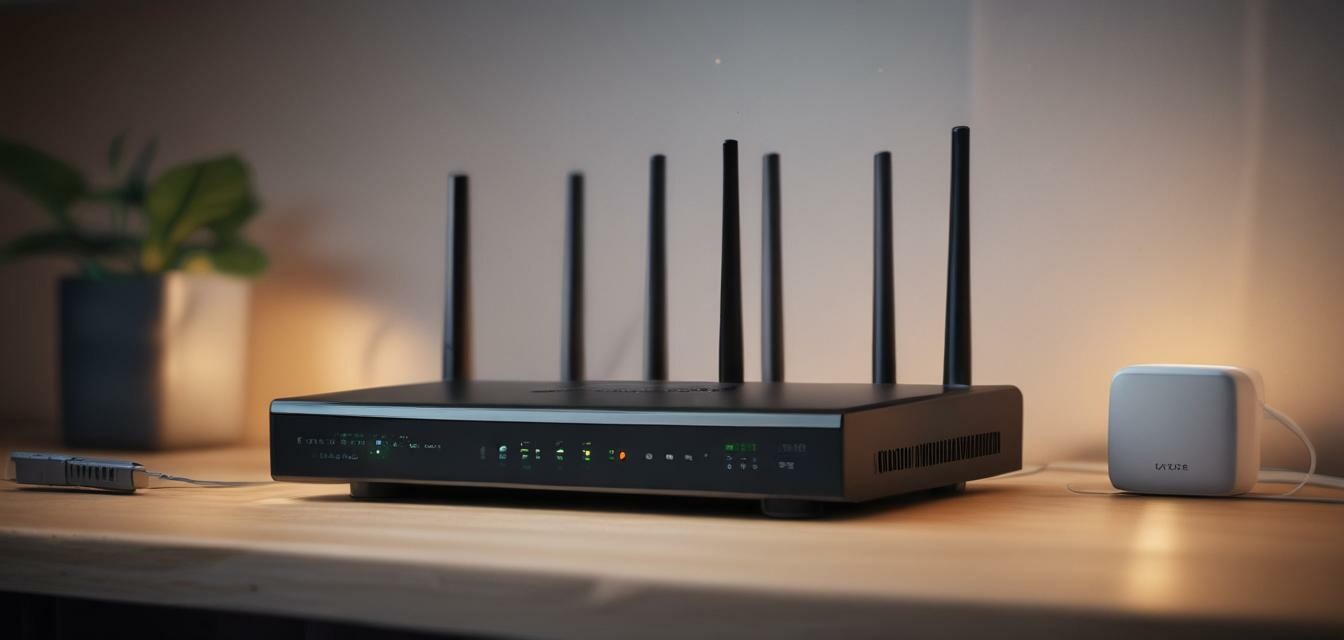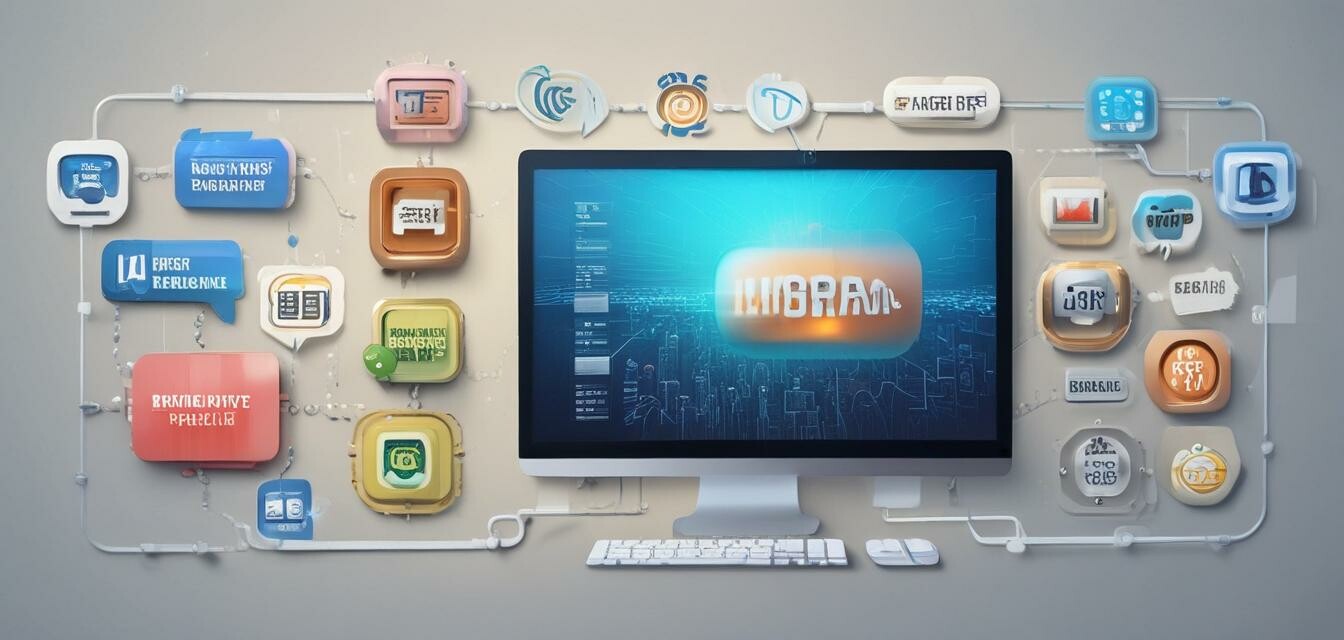
Comparing Internet Service Providers
Finding the right Internet Service Provider (ISP) can be challenging, especially when trying to maximize speed and minimize costs. In this comprehensive guide, we'll help you navigate through the world of broadband plans, highlighting essential factors to consider, along with comparisons of various ISPs. Let's get started on your journey to securing the best internet plan for your needs.
Key Takeaways
- Understanding the types of internet connections available.
- Recognizing the importance of speed, data caps, and pricing.
- Utilizing tools to compare various ISP offerings effectively.
- Reading user reviews for better insights into ISP reliability.
Why Compare ISPs?
When it comes to selecting an ISP, comparing your options is crucial. Different providers offer various packages that may include differing levels of speed, reliability, and customer service. Here are key benefits of comparing ISPs:
- Save money by finding the best price for your needs.
- Secure faster internet speeds that suit your household's requirements.
- Access better customer service and support options.
Types of Internet Connections
Before diving into comparisons, it's essential to understand the types of internet connections available:
| Connection Type | Speed | Pros | Cons |
|---|---|---|---|
| Fiber | Up to 1 Gbps | Fast, reliable, low latency | Limited availability |
| Cable | Up to 500 Mbps | Widely available, good speeds | Shared bandwidth may affect speed |
| DSL | Up to 100 Mbps | Generally available, affordable | Slower than cable or fiber |
| Satellite | Up to 25 Mbps | Available in rural areas | High latency, affected by weather |
Factors to Consider When Comparing ISPs
When evaluating different ISPs, consider the following factors:
- Speed: Determine what speed you need based on your usage.
- Data Caps: Check for any restrictions on data usage.
- Pricing: Compare the costs of different plans and any hidden fees.
- Contracts: Look for introductory offers and long-term commitments.
- Customer Service: Research customer service ratings and reviews.
Tips for Beginners
- Use online tools and comparison websites to view different plans.
- Ask friends or family for recommendations based on their experiences.
- Contact ISPs directly to inquire about promotional offers.
Comparison of Popular ISPs
Here is a comparison of some popular ISPs currently available:
| ISP | Speed | Data Cap | Starting Price | Contract Length |
|---|---|---|---|---|
| ISP A | Up to 1 Gbps | Unlimited | $65/month | 12 months |
| ISP B | Up to 500 Mbps | 1 TB | $50/month | No contract |
| ISP C | Up to 100 Mbps | Unlimited | $40/month | 24 months |
| ISP D | Up to 25 Mbps | 500 GB | $30/month | No contract |
User Reviews and Ratings
Reading user reviews is important to gain insights into how ISPs perform in real life. Here are a few key points to consider:
- Look for consistent comments about connection reliability.
- Check how responsive the ISP is to customer inquiries and issues.
- Identify any potential patterns in complaints regarding billing or fees.

How to Switch ISPs
Switching ISPs can be straightforward if you follow these steps:
- Research new ISPs and find the best option for your needs.
- Check for any penalties or fees on your current plan.
- Schedule installation with your new ISP.
- Once installed, cancel the old service to avoid overlapping charges.
Conclusion
Choosing the right ISP involves careful consideration of several factors, including speed, pricing, and customer support. By comparing different ISPs effectively, you can find an affordable plan that meets your needs. Don't rush your decision; take the time to evaluate all options based on the insights you've gathered.
Pros
- Helps identify the best value for money.
- Ensures access to the desired internet speed.
- Improves customer satisfaction through informed choices.
Cons
- Can be time-consuming to gather all the data.
- Potential confusion with many options available.
- Not all ISPs cover every area, limiting choices.

Further Resources
For more information, explore our related articles:








